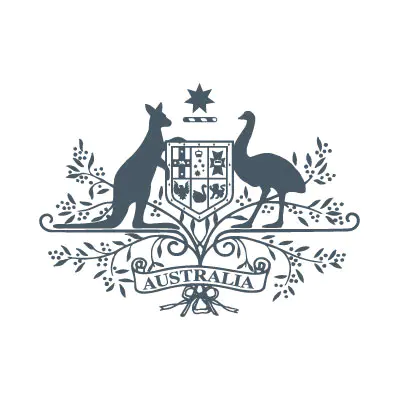Cashless debit card program to end following passage of legislation
The Albanese Labor Government has today delivered on a key election commitment and secured the passage of legislation to abolish the failed cashless debit card program.
The Social Security (Administration) Amendment (Repeal of Cashless Debit Card and Other Measures) Bill 2022 will see 17,300 participants start to transition off the cashless debit card program.
We’re delivering certainty and choice for Australians and are a Government committed to reducing stigmatisation for the most disadvantaged in our community who have had to endure failed promises relating to the cashless debit card program.
Labor is making good on its election commitment to restore dignity and pride to Australians – regardless of where they live or whether they receive a government payment.
From October 4, participants in Ceduna, East Kimberley, Goldfields and Bundaberg-Hervey Bay will be able to come off the card and advise they want to volunteer for income management.
The cashless debit card program will be completely abolished in all sites – including the Northern Territory and the Cape York and Doomadgee regions – early next year.
As a result of the successful Government amendments, the Family Responsibilities Commission in Cape York will retain all of its powers of self-determination and referral for community members to go onto income management.
CDC participants in the Northern Territory will be subject to the requirements under previous income management legislation.
The passage of the legislation will ensure certainty, choice and support to communities coming off the cashless debit card program.
The Department of Social Services and Services Australia will work collaboratively to ensure those affected by these changes are contacted directly and advised on what they need to do to move off the program.
Information about the changes will be distributed in First Nations languages and dedicated support teams from Services Australia will be deployed to assist with the transition.
Anyone wanting to transition off the card from October 4 will be able to do so by:
- Accessing and submitting a form via servicesaustralia.gov.au/debitcard and through myGov
- Calling the cashless debit card hotline on 1800 252 604
- Meeting with dedicated Services Australia support staff in community
The Government is also providing $8.7 million to extend Local Partner services which deliver a range of supports to CDC participants in Ceduna, Goldfields, Bundaberg and Hervey Bay and East Kimberley. There are 15 local partners which employ around 30 local, and predominantly Indigenous staff.
This funding provides certainty for these staff, while also ensuring they can provide a crucial role to support people from the CDC program and beyond.
This is in addition to $17 million announced this week for community-led and designed initiatives to support economic and employment opportunities.
As a result of consultation with the crossbench, the Government has also committed to an evaluation of the new measures, including the enhanced card.
Minister for Social Services Amanda Rishworth said the successful passage of the legislation is a great accomplishment in putting an end to the cashless debit card program and privatised welfare.
“Through our meaningful and extensive consultations, we have listened to communities and are now ensuring they are supported through these changes,” Minister Rishworth said.
“We know there is still work to be done and so we are committed to continue working closely with local communities,” Minister Rishworth said.
Minister for Indigenous Australians Linda Burney said abolishing the cashless debit card program was the result of listening to the voices of communities.
“The cashless debit card diminishes people's self-worth. It was discriminatory and arbitrary,” Minister Burney said.
“It is also was a piece of infrastructure policy that has been reviewed, and reviewed and reviewed. It was a piece of technology that was used by a private organisation for profit.”
Minister for Government Services Bill Shorten said restoring the role of Services Australia was an important step.
Assistant Minister for Social Services Justine Elliot said maintaining the powers of self-determination and referral for the Family Responsibilities Commission was key.
“I travelled to communities and saw FRC conferencing in action. I’m pleased our amendments passed and the Cape York and Doomadgee regions will continue their self-determined income management process,” Assistant Minister Elliot said.
For more information, go to servicesaustralia.gov.au/debitcard or call the cashless debit card Hotline on 1800 252 604.
View Original | AusPol.co Disclaimer
